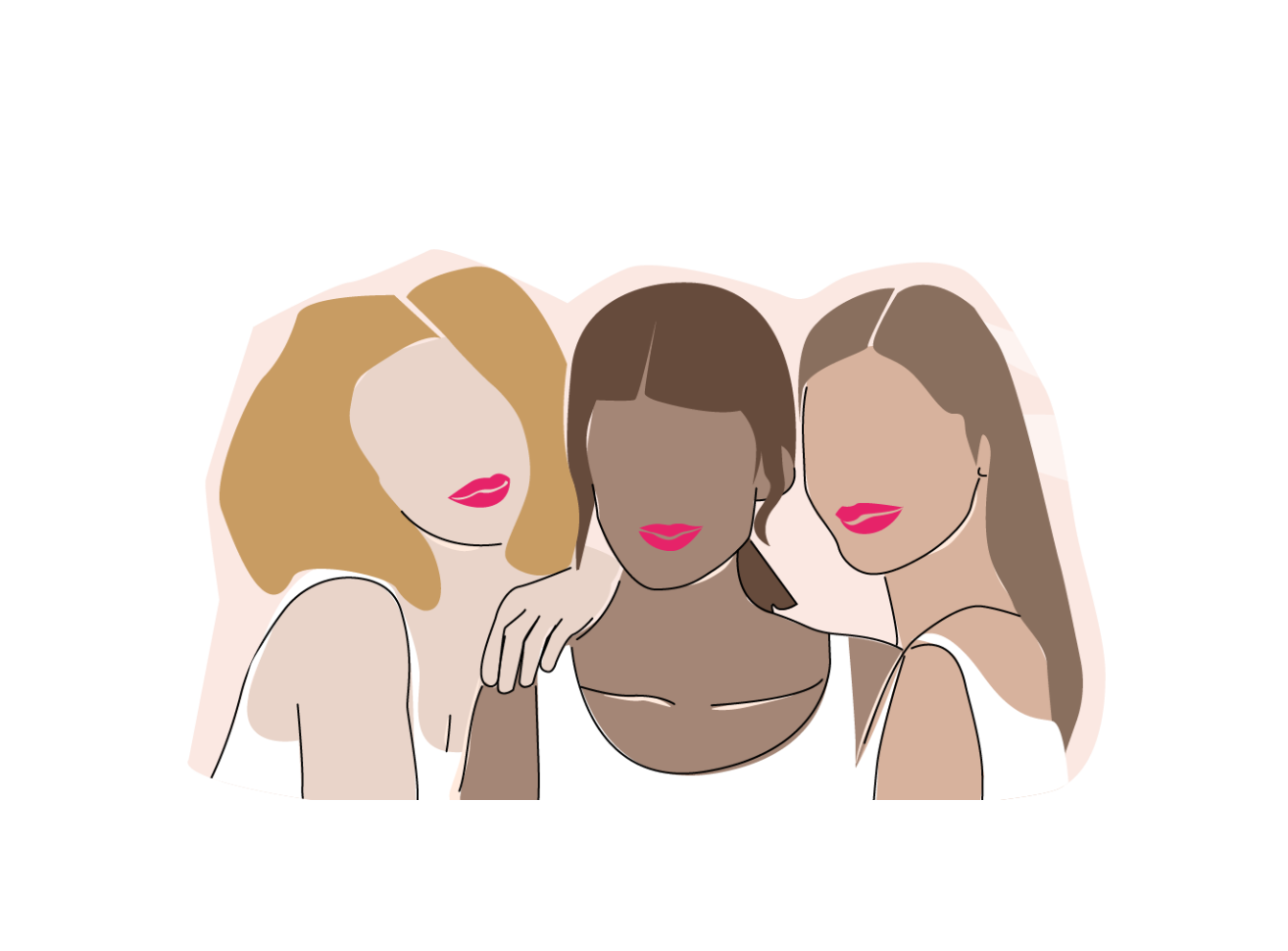What Is Perimenopause?
Perimenopause is the phase before and around menopause when your body begins to transition out of its reproductive years. This can start years before your periods stop altogether, and this is the time when you will likely experience symptoms such as irregular cycles, hot flashes, mood changes, sleep changes, etc. It’s a natural process, but the experience is unique to every woman.
Common Signs and Changes
Irregular cycles: Your whole menstrual cycle may become longer as ovulation becomes less predictable. And your periods themselves will likely change in heaviness and duration of your flow.
Hormonal shifts: Fluctuations in estrogen and progesterone can cause mood swings, sleep disruptions, and hot flashes.
Changes to your metabolism: The hormonal changes can also affect your metabolic rate in general, along with your energy levels.
Perimenopause Myths Debunked
“Menopause happens suddenly.” Perimenopause is a gradual process that can last several years before menopause is officially reached (defined as 12 months without a period).
“You can’t get pregnant during perimenopause.” Fertility decreases, but ovulation still occurs sporadically, making conception possible.
“Symptoms are the same for everyone.” Each woman’s perimenopause experience is unique, with varying symptoms and timelines.
Supporting Your Body Through Perimenopause
Knowledge is your most powerful tool during this time. Tracking your cycle, even as it becomes irregular, can help you understand hormonal shifts and prepare for changes ahead. Lifestyle adjustments, such as prioritizing sleep, managing stress, and focusing on nutrition, can also make the transition smoother.
Embracing the Next Chapter
Perimenopause isn’t just an end—it’s the beginning of a new phase of life. By understanding the changes in your body and caring for yourself through this transition, you can navigate perimenopause with strength and clarity.
For more insights and tips on navigating perimenopause, explore our articles, and remember—you don’t have to face this transition alone. Understanding your body is the first step toward feeling empowered and supported.




